How Father Sean Breen would have loved this year’s Cheltenham Festival. The late parish priest at Ballymore Eustace, who owned a horse or two and had a pundit’s tipping spot on Kildare FM, used to complain that it was most inconsiderate of people to die in the Cheltenham run-up: over 40 years, it was only ever funerals that stopped him attending to conduct his usual service for his fellow Irish attendees, bless a few Irish horses and pray that the Almighty would leave enough in the bookmakers’ satchels for Irish punters to be paid out their winnings. There was nothing in the Bible, he used to argue, that said we should not gamble.
Beware the invaders from across the Irish Sea at this year’s Cheltenham Festival, I wrote a month ago. And so it came to pass: the Irish swept in like an equine tsunami. They brushed aside their British competitors as if they were plough horses and galloped off with almost every trophy worth hoisting. Quite simply: we were stuffed. And lo, after a 23–5 victory for the invaders there has been gnashing of teeth, tearing of raiment and pitiful cries for the British Horseracing Authority to Do Something About It.
It certainly was some drubbing. The delightfully modest Henry de Bromhead became the first person ever to train the winners of the top three races — the Gold Cup, Champion Chase and Champion Hurdle — at a single Festival. Willie Mullins’s six winners, making him champion Festival trainer for the eighth time, were more than the total for all British trainers combined. With her own six winners, champion jockey Rachael Blackmore showcased her tactical genius, her toughness and a calm professionalism that should have made the term ‘female jockey’ redundant for ever.
But the Irish success went wider. Six Festival races were won by horses either in the stable run, until his suspension for sitting on a dead horse, by Gordon Elliott or transferred out of it in consequence just before the Festival. The 23 Irish winners had 20 different owners. Ten different Irish trainers won races. Twenty winners were Irish-bred. Thirteen horses that won started life in Irish point-to-points, including not only Champion Hurdler Honeysuckle and Gold Cup winner Minella Indo but also Nicky Henderson’s Shishkin and Chantry House, the only two British-trained winners of prestige championship races.
It wasn’t always like this. I remember the glum Irish faces in 1989 when not a single one of their entrants won. It was only in 2006 that Irish victories first reached double figures, and as recently as 2012 there was a 22–5 margin in favour of British-trained horses.
So what has changed? Forty years ago few Irish horsemen could afford to keep their best horses at home. Most were sold to British owners and raced in Britain. As EU membership boosted the Irish economy, there came to be enough rich Irishmen to keep back some quality horses and send them to the Festival with good prospects. Today British owners with pockets deep enough to buy the best — such as Kenny Alexander or the Thompsons’ Cheveley Park Stud — are keeping them in Ireland to race because the prize money is better there and because Irish racing has a flourishing, balanced programme for mares and a much bigger breeding industry. Above all, owners have noted that Irish trainers are best placed to tap into the thriving point-to-point production line there.
True, Ireland boasts a wonderful roster of jumps trainers headed by the likes of Willie Mullins, Gordon Elliott, Jessie Harrington and Henry de Bromhead, but given the same ammunition Paul Nicholls, Nicky Henderson, Dan Skelton and Jonjo O’Neill (who, since he trains near Cheltenham, counts for Britain, not the land of his birth) would do just as well. After all, Gordon Elliott learned his trade in Martin Pipe’s Somerset yard, Henry de Bromhead with Robert Alner in Dorset and Sir Mark Prescott in Newmarket. But English yards are suffering because of the comparatively poor prize money on offer this side of the Irish Sea. The average prize per race is around £6,000 in Britain; in Ireland it is more than £10,000. Irish racing is structured to boost quality; English racing to provide as many races as possible to keep money flowing into the bookies’ wallets so that enough comes out again via the levy to keep the sport afloat.
Reforming the levy might help, but the basic structure won’t change and that means that English trainers will continue to have enough races available to be able to dodge each others’ best prospects. Too many British-based horses are earning flattering ratings by competing against poor opposition. Irish racing produces those Cheltenham winners because their best horses take each other on throughout the season. They are able to gauge more accurately the quality of what they have. If English-based trainers want to increase their prospects at the Cheltenham Festival championships, then they should subject their best hopes to tougher tests along the way, starting by sending them over in search of some of those Irish prizes.
Got something to add? Join the discussion and comment below.
Get 10 issues for just $10
Subscribe to The Spectator Australia today for the next 10 magazine issues, plus full online access, for just $10.
You might disagree with half of it, but you’ll enjoy reading all of it. Try your first month for free, then just $2 a week for the remainder of your first year.


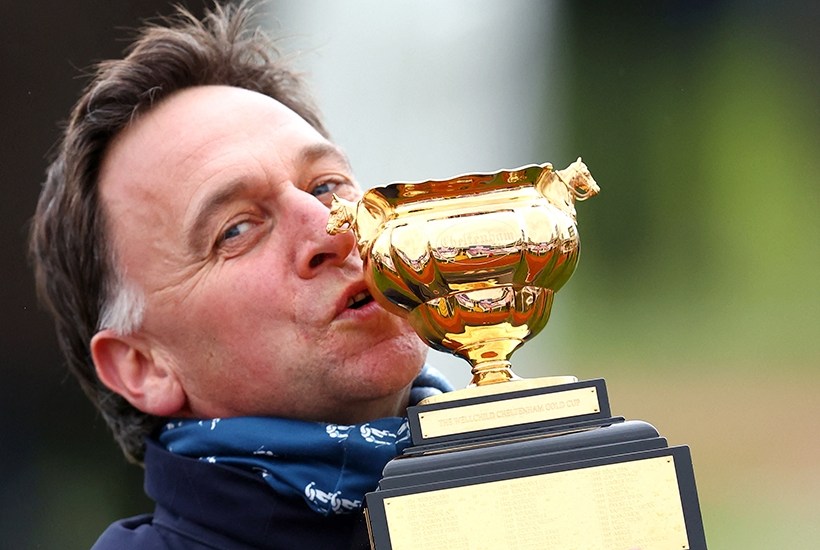
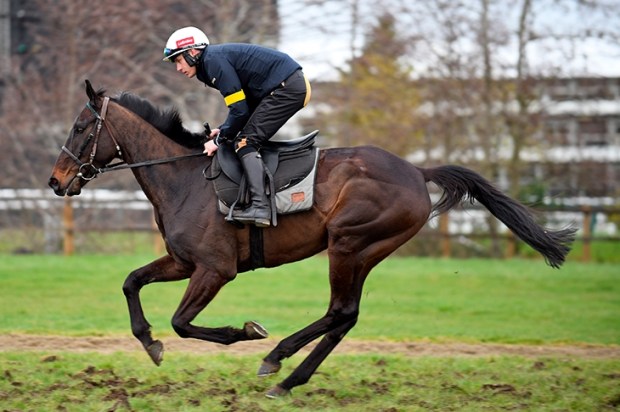
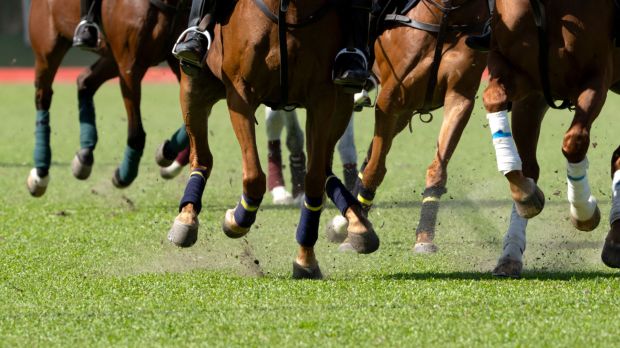
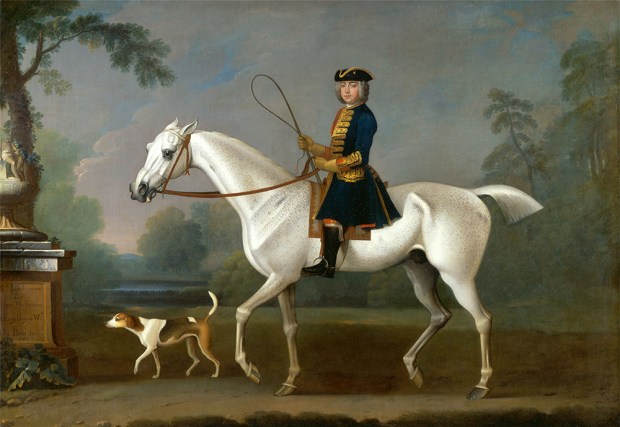
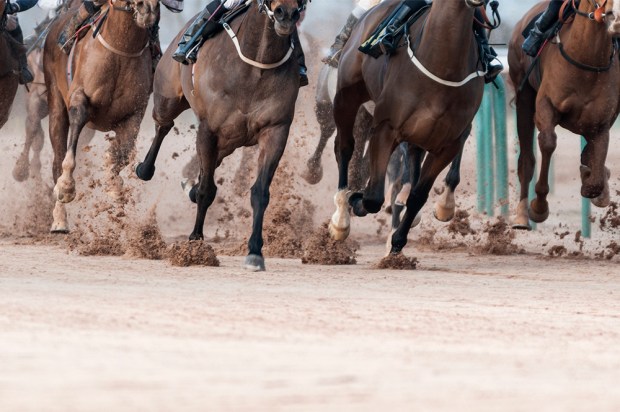
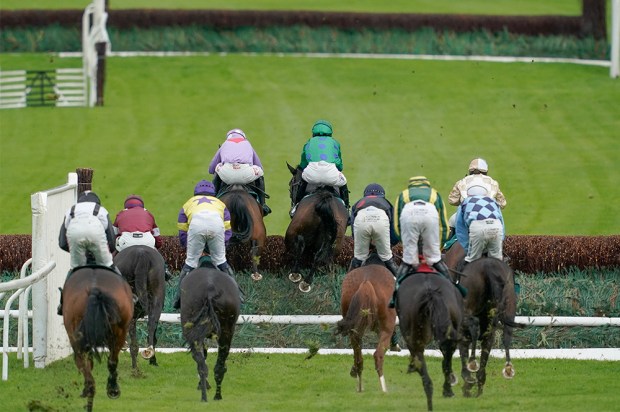
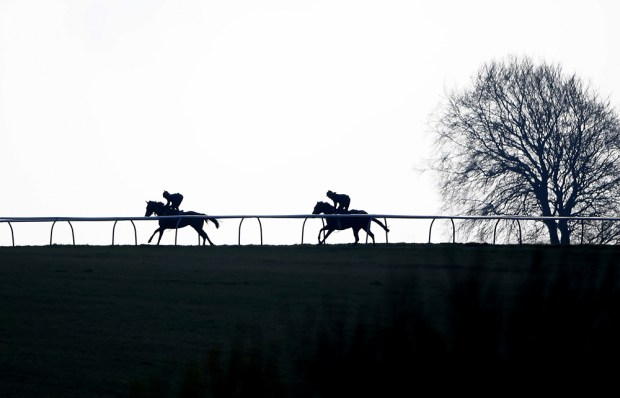






Comments
Don't miss out
Join the conversation with other Spectator Australia readers. Subscribe to leave a comment.
SUBSCRIBEAlready a subscriber? Log in